WHO on a coronavirus second wave, lockdowns and how the world responded to the pandemic
ABC News spoke to the WHO's Dr. Margaret Harris on a range of topics.
LONDON -- Just over six months ago, the World Health Organization designated the coronavirus outbreak a "pandemic." Since then, our lives have changed beyond all recognition. Over half of the world's population has experienced some kind of lockdown, almost 1 million people have died, and countries around the globe are bracing for an unprecedented economic collapse.
ABC News recently spoke to WHO spokesperson Dr. Margaret Harris to discuss the organization's response to the pandemic, whether countries took the novel coronavirus seriously enough, fears of a second wave and why lockdowns became the preferred means of dealing with the biggest public health emergency in a century.
The interview below has been edited and condensed for clarity.
Were we generally underprepared for a pandemic? The WHO was criticized for calling a pandemic too late. How would you respond to that criticism?
Harris: This is something that people don't really understand. The important issue is: does it constitute a "public health emergency of international concern" under the international health regulations?
There are three criteria for determining whether something is a public health emergency of international concern: Is it something we've not come across before? Was it an international spread? And is it something that needs the international community to be galvanized, to be made very aware and very ready and work together to stop?
We were advocates of always trying to strike a balance, trying to keep our society functioning, but functioning safely.
If it meets those three criteria, then a committee, called the Emergency Committee, who have been pulled together -- they're all independent experts -- to assess the information about whatever the event is (it doesn't necessarily have to be a pathogen, it can be other things) come together, they look at the evidence and they decide whether or not they think it constitutes a public health emergency of international concern. They are the ones that make these recommendations that I was referring to before. And they also are the ones who recommend to the director general that he or she declares that [emergency]. We don't declare a "pandemic."
Now, on March 11, the spread of the outbreak was so great, had gone so widely and there was wide community transmission in more than two regions. So it met the epidemiological definition of a pandemic. But that was about characterizing it; that was not about declaring it. Unfortunately, that concept of declaring a pandemic is very much rooted in people's memory from the old flu days when it was true. So it's pretty confusing.
Declaring the public health emergency was actually meant to prevent it becoming a pandemic. If you go back to Feb. 4, Dr. Tedros [Adhanom, the WHO director general] gave warnings. "You must do these things," he said. "You must get ready now. You must get your health systems ready. You must organize your contact tracing. You must get your laboratories ready. You must get your testing ready. Because if you don't, this is going to come and overwhelm your systems."
Looking back, it just makes me weep, honestly.
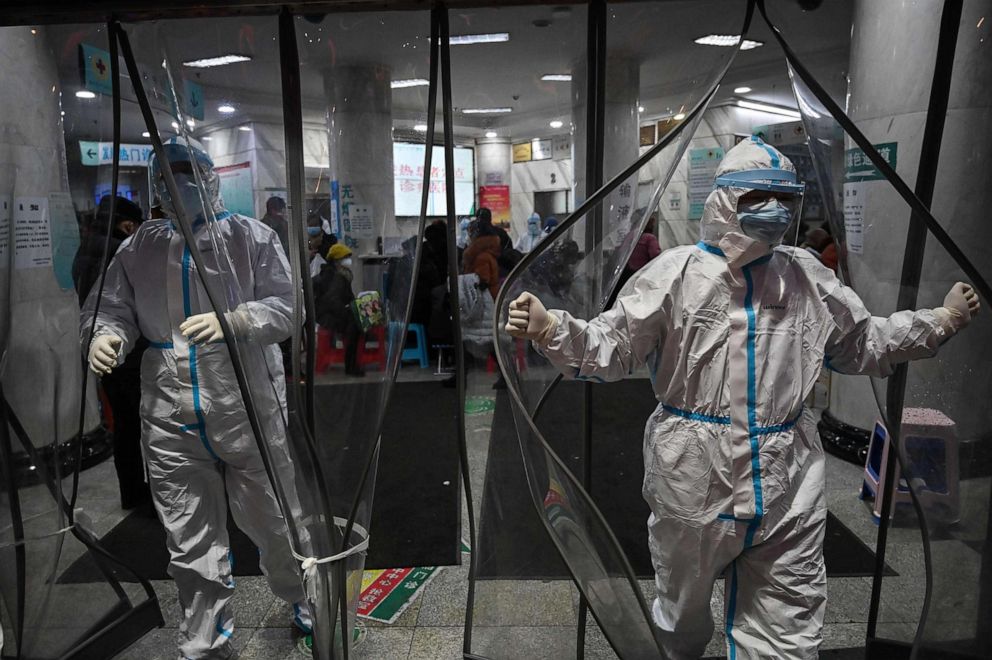
Has there been any difference between countries with a history of pandemics and those that haven't?
Harris: There's been quite a difference in how seriously they took it. SARS did affect a lot of countries. That didn't reach the community transmission level we see in almost every country on the planet at the moment with COVID-19. That was really almost like a dress rehearsal for many of those countries, and they took those lessons very, very seriously. China revamped its public health infrastructure after SARS. They set up the China Center of Disease Control (CDC). They have very large public health units in every city. They have strong surveillance; they've got a strong laboratory network.
Africa's interesting in that people were very like, "Oh, well, the minute they get to Africa, you know, it's going to sweep here and kill everybody." And yet there has been some very large outbreaks, South Africa notably. But they have been able to bring it down.
One of the theories about why they seem to have done better than many of the more developed countries or more developed areas is that they, too, have a very strong public health infrastructure. They understand infectious disease outbreaks. They have very fresh memories of what infectious disease outbreaks can do and they take it seriously.
Is it fair to say that there was a bit of confusion about what countries were meant to do? Were you surprised that lockdown became the preferred measure for such a wide range of countries?
Harris: It's certainly interesting in that, when Wuhan did it we were like, "Wow, you'd have to have a society that's very accepting of stringent measures to be able to do that successfully." And yet countries that were culturally, socially, very, very different from Wuhan did it, and did it successfully.
And to me, that shows that the people got it, got that it was a very serious matter. They kind of took on a sort of wartime mentality that we had to do this together. We have to work together. We have to stop this thing. But I think, unfortunately, that has backfired a little and that people feel now, you know, "OK, it's peace time, we're now free, we're liberated."
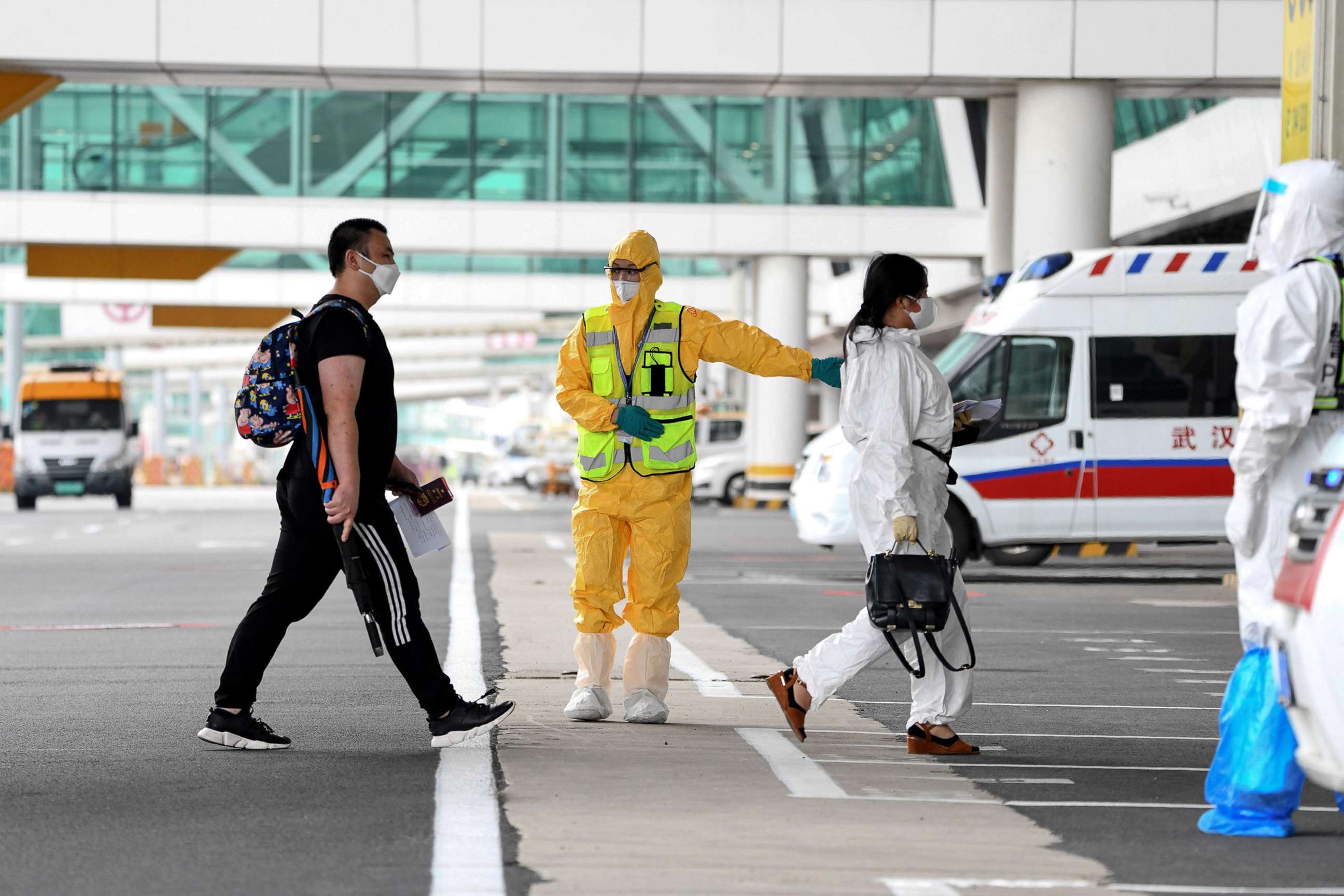
In retrospect, have the lockdowns fostered a kind of "will it be over by Christmas" mentality?
Harris: Yes.
We'll be living with this for years to come? Because the end is not particularly clear.
Harris: That's right. And so the question I get every day is "When is this going to be over?" [Another] question I get all time is "When are we going to get the vaccine?" … Implicit in that question is "When is it going to be over?" Because now people believe that once the vaccine is rolled out, it's going to be over.
But in fact there are very few things that have been completely stopped by vaccination. If we get a vaccine with adequate efficacy and safety, it will certainly bring the transmission down and it will make it more controllable. But the vaccine alone isn't going to stop it.
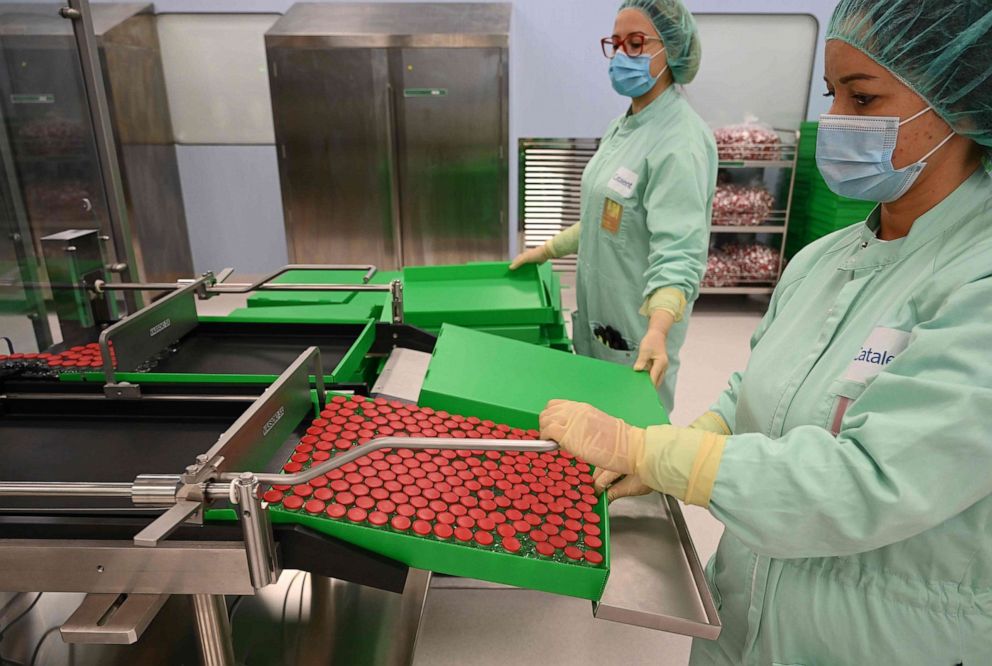
How much more do we actually know about the virus? And does that mean we're in a better position to deal with things in the next six months?
Harris: Quite a few people like yourself are asking what's changed since we characterized it as a pandemic. And I would say our knowledge. We know so much more about this virus. We know so much more about what it does to our bodies, who it harms most, who is most likely to be vulnerable to it. It's not simply a matter of your age. It's a matter of your underlying conditions.
So we're learning so much more about how this virus interacts with us, what it does to us and also what we could do to mitigate its effects. Care is much, much better. Identifying who's likely to get into trouble early is happening much better, and then ensuring that you stop their illness progressing to the severest endpoint where it's so difficult to rescue them from death.
The vaccine alone isn't going to stop it.
We also have much better ideas about transmission. We now know that there are a large number of people who are asymptomatic or that people can infect others before they develop symptoms. That information wasn't apparent right at the beginning, but that does definitely change what sort of advice you give to people about protective measures.
That's why there's been more emphasis on use of masks, especially when you're in close contact. Because indeed, if you may think you're perfectly healthy, you are unaware that you are infected with the virus, and yet you could be infecting others, especially if you're in close contact with them in closed, poorly ventilated environments. If you're wearing a mask, that will limit the chances of that happening considerably.
How would you assess these warnings of a second wave?
Harris: I've been saying quite all through the summer, the water's up to our necks already. This idea that you'd get a break in summer has not been a helpful message, because people did believe this notion. I think it came really from thinking that the coronavirus is like flu, and flu is very much a winter, cold weather virus.
So regardless of why, whether it was our behaviors or not, this virus didn't go away in the summer. And, unfortunately, people sort of did behave as if it had gone away and it hadn't, and that's why numbers have been steadily increasing since the middle of June.
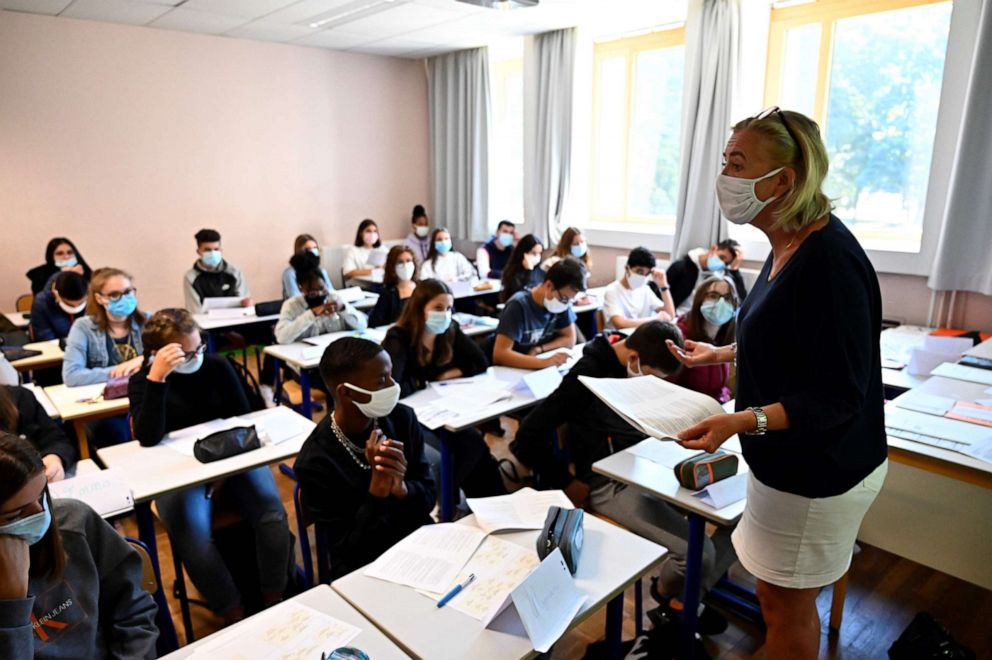
As we open up economies and schools, is a rise in cases inevitable? How do you weigh those risks?
Harris: We were advocates of always trying to strike a balance, trying to keep our society functioning, but functioning safely. So working and building a strategy that allows people to live and work and, yes, go to school, but safely. So not thinking that there's just one sort of silver bullet, one thing you do and then it's done, but understanding we need to change because this isn't going to be the last one.
You know, we are highly susceptible to transmissible -- particular respiratory -- pathogens because of the way we crowd together, because our societies have evolved into highly urban societies. We have never been so urbanized as we are now. And every continent, including Africa, has more people living in large cities, and we are increasingly living in smaller and more poorly ventilated spaces.
We found that misinformation spreads even more quickly than the virus itself.
We have to try to find a way to live safely with this virus, to keep society functioning, keep work going, keep the economy going. We keep hearing that we are these sort of health bullies are stopping the economy. Not at all. We are just saying, "Manage a society in a way that prevents a virus like this from destroying your most productive, cutting the heart out of your community, but keep on with your activities in a safe way."
It's not easy -- that takes a lot of negotiation; that takes a lot of understanding, a lot of working and a lot of commitment to change. But it can be done.
There have been rising conspiracy theories around the coronavirus. Is that something that you factor into your advisory?
Harris: Oh, yes. We found that misinformation spreads even more quickly than the virus itself. And we've had an extraordinary number of myths. It is frightening, though, because some of these myths kill. People believe things like drinking bleach. They do it, they die. At one point [there was a rumor that] raw alcohol, like rubbing alcohol, would kill it. So people drink this stuff. They died.
This kind of misinformation is lethal, particularly when it comes to things like vaccination. I think of vaccine preventable diseases in children: Most of the deaths we're now seeing in children under 5 are from vaccine preventable diseases. Misinformation around vaccines, making parents frightened to vaccinate their children, is leading to child deaths.
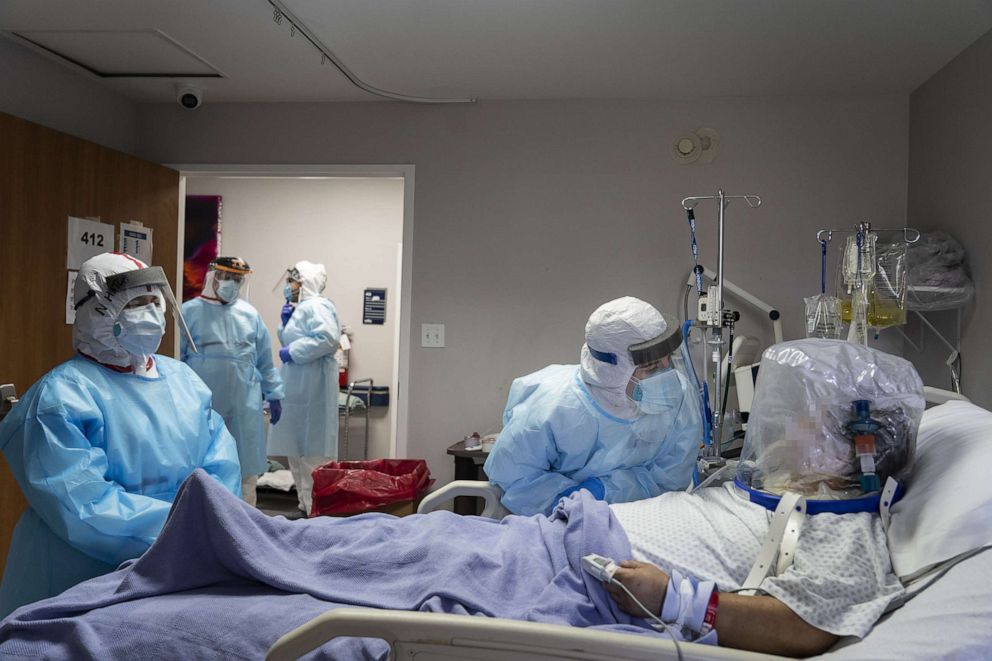
And finally, how worried are you about other threats, perhaps more familiar threats rising over the next six months and contributing to more public health disasters?
Harris: Well, certainly we are very concerned about people not being able to access health care and health services for all the other illnesses, particularly the non-communicable diseases, things like the cancer, heart disease, strokes, all these things that people continue to have. You know, we haven't seen the numbers, but we did a survey recently on a lack of access to essential services. It was very, very concerning that people are not using hospitals because they are frightened to go. But also they don't wish to be burdening the health system, knowing that the health care workers were working so hard and were so pushed to look after people with coronavirus.
So, indeed, much of what we've been saying and one of the reasons for keeping transmission low is so that the health system isn't only dealing with COVID. If you could keep the transmission down, then you could do all the other things that could make your hospital function for all the other things. Women are still having babies. Children still need care, too. You don't want the surveillance services to only be looking for COVID.
And you're quite right, malaria, for instance, is something we're very concerned about. When somebody has malaria, the minute they have a fever, the advice is actually go to the hospital. Now, the advice with COVID is actually stay where you are. So it's quite a balance.




